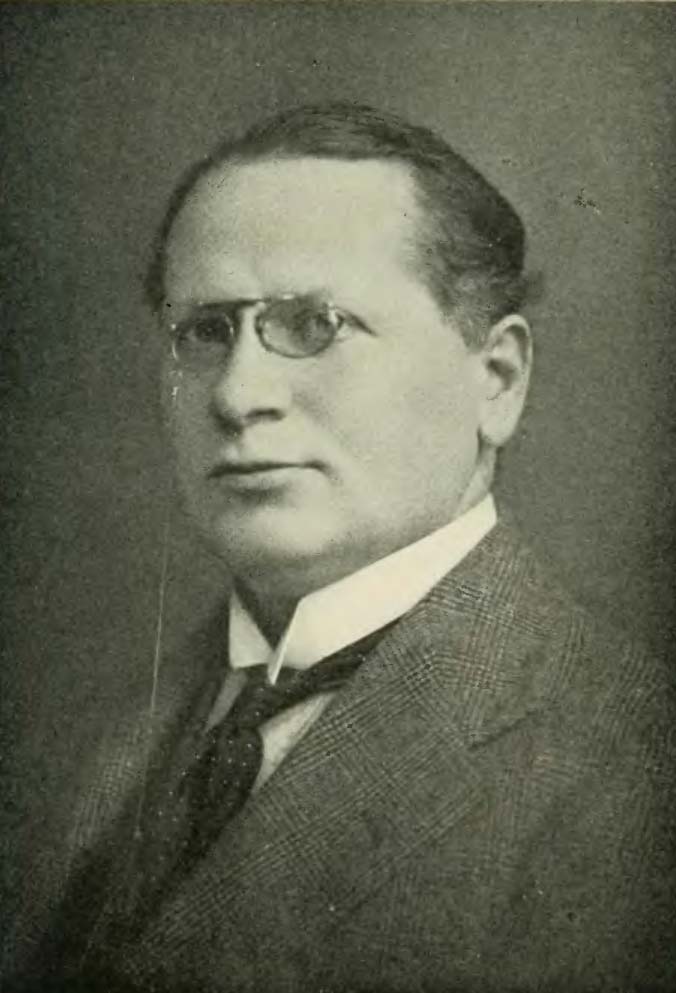 Maxim Litvinov was born on July 17, 1876 in the Podlasie Region of what was, at the time, a part of the Russian Empire. His ethnicity was Jewish and his “Finkelstein” family was made up of wealthy bankers. He first simplified his name to Max Wallach and later changed it to Maxim Litvinov. Litvinov later became a Soviet diplomat and Russian revolutionary. In 1919, as a Soviet ambassador, he brokered the agreement between Britain and the Soviet Union ending a British economic blockade. Ten years later, he was largely responsible for concluding the Litvinov’s Pact. He passed away on New Year’s Eve of 1951 at the age of 75.
Maxim Litvinov was born on July 17, 1876 in the Podlasie Region of what was, at the time, a part of the Russian Empire. His ethnicity was Jewish and his “Finkelstein” family was made up of wealthy bankers. He first simplified his name to Max Wallach and later changed it to Maxim Litvinov. Litvinov later became a Soviet diplomat and Russian revolutionary. In 1919, as a Soviet ambassador, he brokered the agreement between Britain and the Soviet Union ending a British economic blockade. Ten years later, he was largely responsible for concluding the Litvinov’s Pact. He passed away on New Year’s Eve of 1951 at the age of 75.
Background
Litvinov’s Pact was finalized in Moscow on February 9, 1929. The agreement bears Maxim Litvinov’s name as the person who initially organized the negotiations. He was also a highly respected, well known and successful Soviet diplomat. The pact called for the renouncing of war by all of its participants. It became operative in March of 1929. The pact was registered as part of the League of Nations Treaty Series on June 3, 1929.
The Pact
Litvinov’s Pact was a promise entered into by Estonia, Latvia, Romania, Poland and the Soviet Union. Each of these countries gave an assurance that they would not use force or aggression of any kind against one and other in the settlement of disputes. It came to be known as the Eastern Kellogg Briand Pact.
The Kellogg Briand Pact was a similar agreement between the United States, Germany and France that was entered into on August 27, 1928. Other participating nations of the Kellogg Briand agreement among many included Great Britain, Poland, Japan, India, Italy, and the Czech Republic.
In basic terms, the Litvinov’s Pact called for the renunciation of war, the promotion of peaceful solutions to any and all disputes between the signatories and the prevention of aggression by the use of collective force.